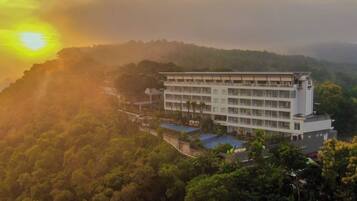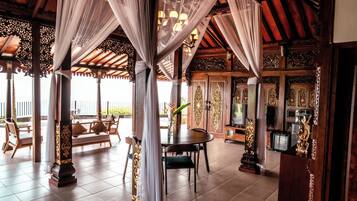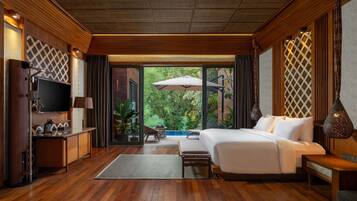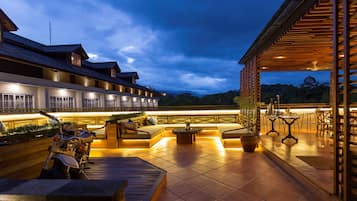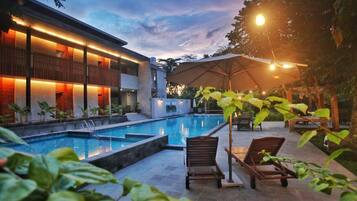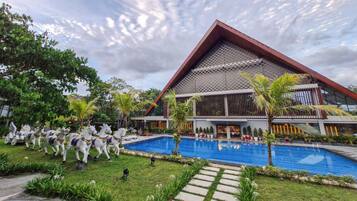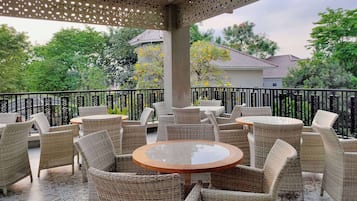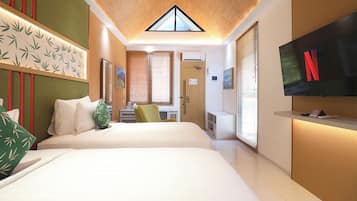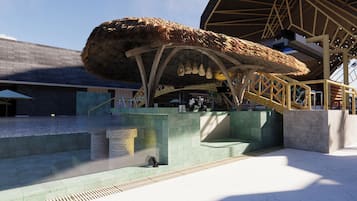Billede taget af Sharrie Shaw
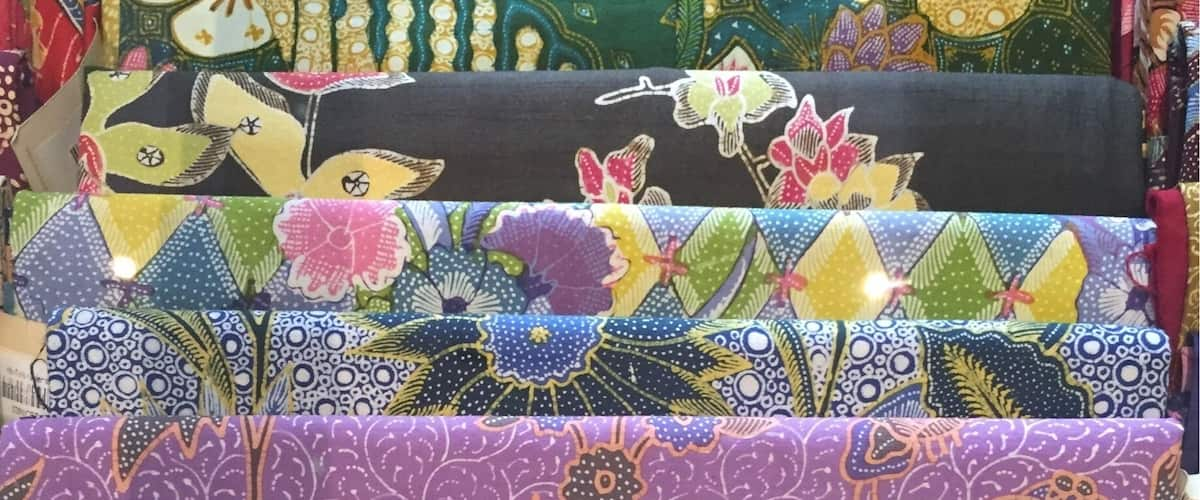
Spahoteller i Tegalrejo
- Skift meningBook hoteller med gratis afbestilling.
- Vær kræsenSøg blandt næsten en million overnatningssteder verden over.
Se tilgængelighed for Spahoteller i Tegalrejo
I aften
I morgen
Denne weekend
Næste weekend
Vores anbefalinger til hoteller med en spa i Tegalrejo
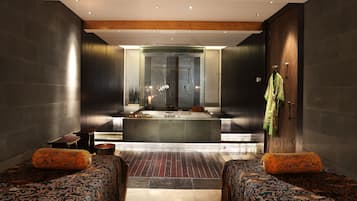
9.4 ud af 10, Enestående, (324 anmeldelser)
Prisen er 860 kr.
inkluderer skatter og gebyrer
1. mar. - 2. mar.

10.0 ud af 10, Enestående, (1 anmeldelse)
Prisen er 546 kr.
inkluderer skatter og gebyrer
27. feb. - 28. feb.
Prisen er 1.554 kr.
inkluderer skatter og gebyrer
1. mar. - 2. mar.

9.4 ud af 10, Enestående, (112 anmeldelser)

9.4 ud af 10, Enestående, (155 anmeldelser)
Prisen er 321 kr.
inkluderer skatter og gebyrer
27. feb. - 28. feb.
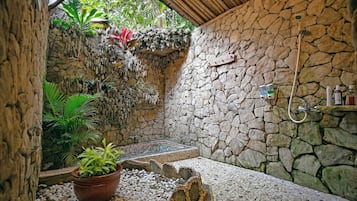
8.0 ud af 10, Alletiders, (4 anmeldelser)
Prisen er 187 kr.
inkluderer skatter og gebyrer
1. mar. - 2. mar.
Den laveste pris pr. nat baseret på to voksne for én nat, som er fundet inden for de seneste 24 timer. Priser og tilgængelighed kan ændres uden varsel. Yderligere vilkår kan gælde.
Anmeldelser af populære hoteller i Tegalrejo

The Phoenix Hotel Yogyakarta - Handwritten Collection
10/10 Fremragende




